Freedom on the Net 2021 finds that internet freedom in Turkey had a score decline. Global findings include that while some democratic governments have made good-faith attempts to regulate the technology industry, state intervention in the digital sphere worldwide has contributed to the 11th consecutive year of global decline in internet freedom.
Governments around the world are increasingly asserting their authority over technology platforms, forcing businesses to comply with censorship and surveillance and contributing to an 11th consecutive year of global decline in internet freedom, according to Freedom on the Net 2021, the annual country-by-country assessment of internet freedom released on September 21 by Freedom House. The report also found that internet freedom in Turkey had a score decline.
Global norms shifted dramatically toward greater state intervention in the digital sphere over the past year. Of the 70 states covered by Freedom on the Net 2021, 48 pursued legal or administrative action against technology companies. Some measures reflected legitimate attempts to mitigate online harms, rein in misuse of data, or end manipulative market practices. Many governments, however, proposed new policies that obliged businesses to remove content and share personal data with authorities, at great cost to free expression, privacy, and public accountability.
This change in the balance of power between companies and states has come amid a historic crackdown on freedom of expression online. In 56 countries, officials arrested or convicted people for their online speech. Governments suspended internet access in at least 20 countries, and 21 states blocked access to social media platforms, most often during times of political turmoil such as protests and elections. Authorities in at least 45 countries are suspected of obtaining sophisticated spyware or data-extraction technology from private vendors.
Internet freedom plummeted by 14 points in Myanmar—the largest annual decline ever recorded on Freedom on the Net’s 100-point scale—after the military refused to accept the results of the November 2020 general elections and launched a deadly coup in February 2021. Electoral disputes also led to major internet freedom declines in Belarus, where authoritarian incumbent Alyaksandr Lukashenka claimed victory in a fraudulent presidential election in August 2020, and Uganda, where authorities shut off the internet and blocked social media platforms during marred general elections in January 2021. In addition, officials in both Myanmar and Belarus sought to silence independent online media by shutting down news outlets and harassing, assaulting, and torturing online journalists.
Internet freedom continued to decline for a third year in a row in Turkey. During the coverage period, hundreds of websites were blocked, in some instances under a new social media law. Online content deemed critical of the ruling Justice and Development Party (AKP) or President Recep Tayyip Erdoğan was removed from websites and social media platforms, and online activists, journalists, and social media users were harassed both physically and online for their social media posts. Authorities arrested users of the online platform Clubhouse in response to student-led resistance at Boğaziçi University, targeted LGBT+ activists online, and arrested a prominent opposition party official for allegedly insulting the president. Criminal cases were carried out against those who posted undesirable commentary on social media, and the threat of online surveillance, harassment, and criminal penalties has contributed to the growing practice of self-censorship among internet users in Turkey. The proliferation of restrictive laws has further formalized censorship in the country.
KEY GLOBAL FINDINGS
-
Global internet freedom declined for the 11th consecutive year. The greatest deteriorations were documented in Myanmar, Belarus, and Uganda, where state forces cracked down amid electoral and constitutional crises.
-
Governments clashed with technology companies on users’ rights. Authorities in at least 48 countries pursued new rules for tech companies on content, data, and competition over the past year. With a few positive exceptions, the push to regulate the tech industry, which stems in some cases from genuine problems like online harassment and manipulative market practices, is being exploited to subdue free expression and gain greater access to private data.
-
Free expression online is under unprecedented strain. More governments arrested users for nonviolent political, social, or religious speech than ever before. Officials suspended internet access in at least 20 countries, and 21 states blocked access to social media platforms. Authorities in at least 45 countries are suspected of obtaining sophisticated spyware or data-extraction technology from private vendors.
-
State intervention must protect human rights online and preserve an open internet. The emancipatory power of the internet depends on its egalitarian nature. To counter digital authoritarianism, democracies should ensure that regulations enable users to express themselves freely, share information across borders, and hold the powerful to account.
KEY COUNTRY FINDINGS
-
In January 2021, a tax on communications services and devices increased from 7.5 to 10 percent, impacting people's ability to afford internet access.
-
In July 2020, the Social Media Regulations Law was passed in parliament and came into effect in October 2020. The law further includes registration requirements for social media companies, forces platforms to remove content within 48 hours, and has troubling data localization provisions.
-
The Radio and Television Supreme Council (RTÜK) —Turkey’s online regulator— cracked down on streaming services by blocking music streaming platform Tidal and requesting Netflix several episodes that included LGBT+ content.
-
Hundreds of websites were blocked during the reporting period, including the news outlet Tele1's YouTube account, which was suspended without any explanation. The channel frequently hosts content critical of the government.
-
In January 2021, amid the Boğaziçi University resistance, three students were detained after participating in Clubhouse discussions that criticized the ruling party.
-
Opposition member of parliament Ömer Faruk Gergerlioğlu was sentenced to two years and six months in prison after sharing a news article on Twitter.
-
In June 2020, opposition party official Canan Kaftancıoğlu was sentenced to nine years in prison for Twitter posts allegedly insulting President Erdoğan.
-
Internet users and journalists faced increasing physical attacks as a result of their online activity. In March 2021, a far-right mob assaulted online journalist Levent Gültekin, breaking his fingers following comments he made about founder of the far-right Nationalist Movement Party.
Freedom on the Net 2021 assesses internet freedom in 70 countries, accounting for 88 percent of internet users worldwide. The report focused on developments that occurred between June 2020 and May 2021. Global findings, detailed country reports, data on 21 internet freedom indicators, policy recommendations, and report contributors can be found at freedomonthenet.org. The Turkey report can be found here.

